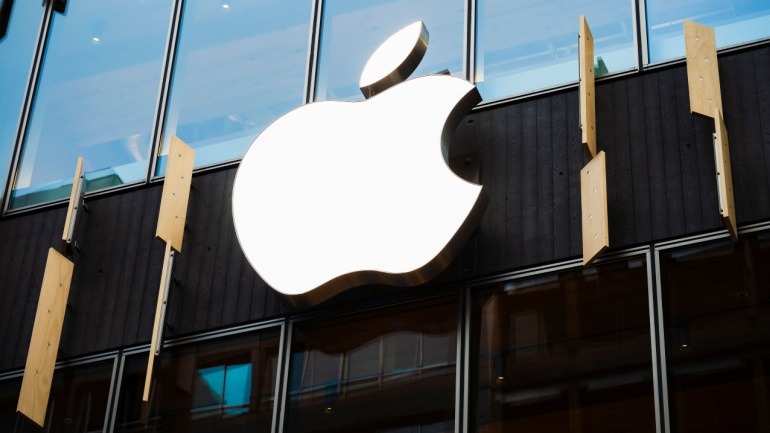The Stargate Project, backed by OpenAI, SoftBank, Oracle, and MGX, promises to revolutionize AI infrastructure with a $500 billion investment. Key players like Oracle and OpenAI are driving this initiative to reinforce American leadership in AI.
Freshwave’s collaboration with the National Robotarium leverages 5G networks to empower agritech robots, including the innovative ‘Spot’. By streaming live video and conducting real-time analyses, these robots enhance productivity in agriculture.
The UK government has announced £7 million in funding for 120 AI-driven projects aimed at boosting business productivity. Managed by Innovate UK BridgeAI, the funding will support small enterprises in areas such as agriculture, infrastructure, and education.
The UK has unveiled a £14 billion AI Opportunities Action Plan to boost economic growth, create over 13,000 jobs, and transform public services. Key initiatives include AI Growth Zones, a National Data Library, and expanded computing capacity.
SK Telecom is set to launch Aster, an AI-powered personal agent, in March 2025 for North American users. Debuted at CES 2025, Aster excels in life management by blending generative AI with intent-based assistance.
Microsoft’s bold $80 billion investment in AI-enabled data centers cements its role in the AI revolution. By 2025, this move aims to propel AI model training and cloud-based applications globally.
A DLA Piper study reveals that global data centers are optimistic about AI-driven growth, with 70% of investors predicting increased investment in the next two years. However, energy supply concerns persist, with 98% of respondents worried about power reliability.
Google, Samsung, and Qualcomm unveiled Android XR, an AI-enhanced OS for XR, VR, and AR experiences. Featuring AI-driven interactivity, advanced displays, and seamless app integration, Android XR aims to create a dynamic ecosystem of devices and apps.
Apple’s attempt to expand AI technology in China is facing regulatory hurdles. China’s regulations require international players like Apple to collaborate with domestic AI providers.
Veon, via its Kyivstar subsidiary, has launched a generative AI lab in collaboration with AWS to advance Ukrainian businesses with AI integration in operations. The lab offers innovative AI services like content generation and intelligent tools to enhance business efficiency.













